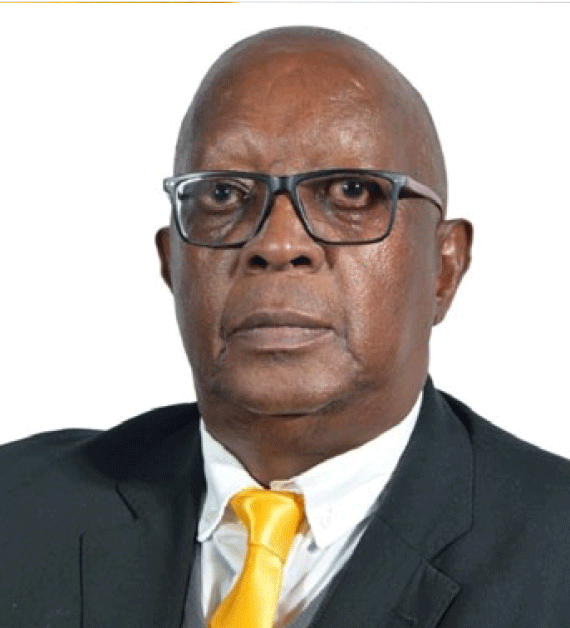The Gautrain, also known as the Shilowa Express, is experiencing a faster decline in ridership than anticipated, as commuters increasingly opt for Shilowa Express alternative transport, including the persistently popular minibus taxi industry.
This revelation by the Gautrain Management Company follows reports of over five million lost passengers in the past four years.
Gautrain Management Agency CEO Tshepo Kgobe cited COVID- 19’s lasting impact, including financial losses and reduced demand from previous regular commuters who now work from home.
“The days of a predictable 9-to-5, Monday through Friday commute are over. Passengers are demanding that we run a frequent service throughout the day and offer dynamic pricing to suit their hybrid work schedules,” Kgobe noted.
Gautrain R120 billion investment
To regain lost commuters and improve accessibility, the Gauteng government has pledged to fasttrack the R120 billion expansion plan, extending services to townships like Soweto and Mamelodi. Gauteng Premier Panyaza Lesufi reiterated this commitment during his recent State of the Province Address:
“Gauteng Government will invest R120 billion in the expansion of Gautrain to the following areas: Soweto via Fourways, Mamelodi, Atteridgeville, Lanseria, and Springs.”
The Gautrain’s existing network links Pretoria, Centurion, Johannesburg, Kempton Park, and OR Tambo International Airport.
The Gauteng Taxi Industry remains skeptical of the plan, arguing funds should instead bolster the taxi sector and road infrastructure.
“We are not surprised by the failures and financial losses suffered by the Gautrain as it caters mainly for the needs of the rich elite who does not even deserve to be subsidized at the expense of the unsubsidized mini-bus taxi users.
Priority should be given to fixing roads, potholes, including empowering the taxi industry to embrace technology to better and fully understand the benefits of Fourth Industrial revolution that includes the electronic payment system,” says Theo Malele from the National Taxi Alliance.
Taxi industry competition threat
Despite Gautrain’s planned township expansion, Malele says the taxi industry remains confident it will survive for now.
“Already our members are feeling the effects of competition from local PRASA trains running in Soweto, Pretoria and Durban. How do you compete with trains reduced and subsidized ticket prices.
Taxi Industry Survival Mode
Malele urges the government to protect and support the taxi industry instead of promoting unhealthy competition between mini-bus taxis, buses and trains.
“Government should do something urgently before it’s too late for the industry. We need a subsidy. The taxi industry should be an integral part of the integrated public transport feeder system for harmonious relationships”
Malele added that taxi industry is no longer as profitable as it used to be in the past.
“The taxi industry is on a survival mode operators given the challenges it faces like vehicle repossessions, banks reluctance to finance operators, competition, high interest rates, increased running costs, dwindling revenue as most people are unemployed, competition from e-hailing taxis such as Uber and Bolt,” he said.
Declining vehicle sales
CFaO Group Executive of Taxi Affairs, Solly Msiza, says the taxi industry is experiencing its worst trading conditions since COVID-19.
“The current picture of the taxi economy does not look good the industry has not fully recovered since COVID-19 pandemic,” Msiza said.



